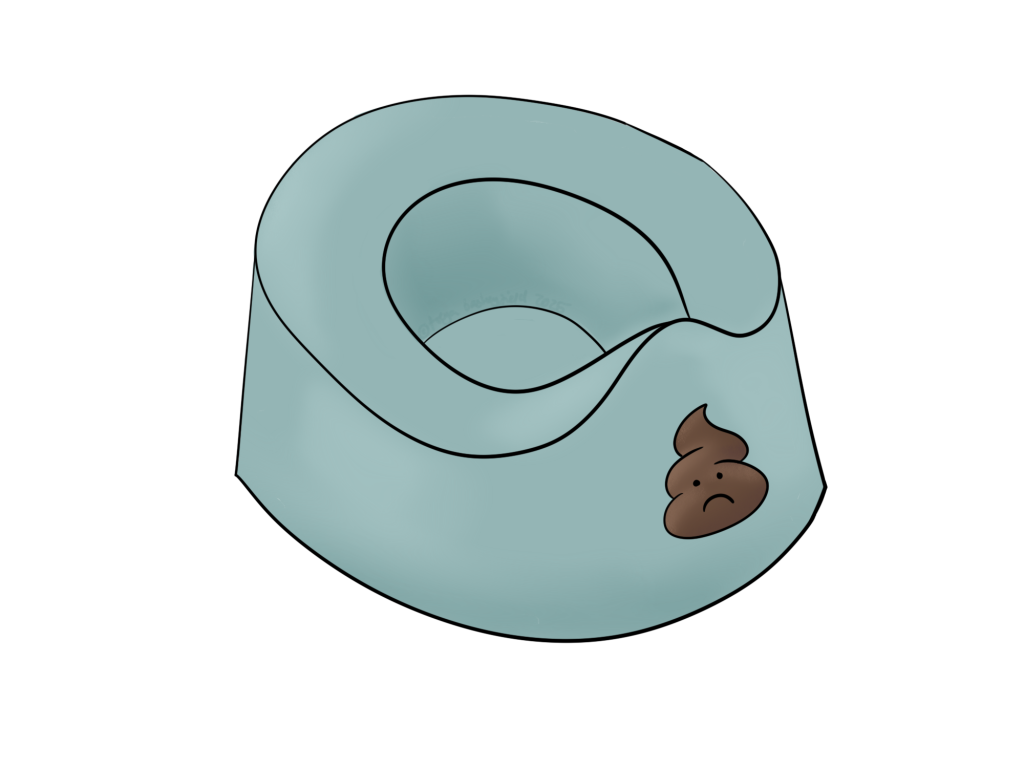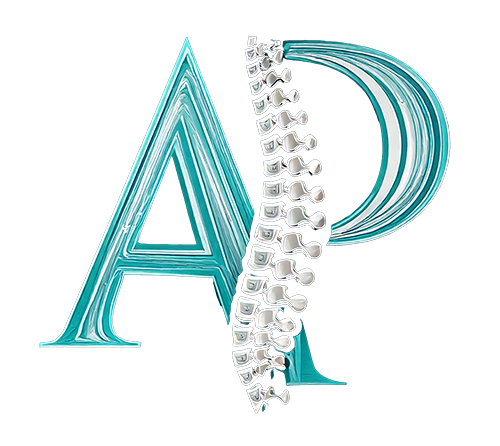Constipation among children is a common issue, becoming even more prevalent in the last few years. The charity ERIC estimates that 1/3 kids in the UK suffer with constipation, and it’s easy to brush off as “just one of those things”. But it can lead to more complex issues if left unmanaged, and there are a number of things that can be done to alleviate it.
Constipation in Babies
Babies often suffer through bouts of constipation, especially when adjusting to a new diet and weaning. This digestive discomfort can be expressed as colic. Colic is actually a symptom, not a diagnosis, but it can be a good starting point for working out what’s wrong.
Note that it is not generally advised for babies to be given water alongside their milk before they start weaning.
Constipated Toddlers and Kids
As babies turn into toddlers, they often become a lot more limited in what they’re willing to eat. This might mean taking on less liquid, especially as milk is reduced from their diet. It might also mean avoiding the more fibrous foods (like unblended vegetables) that would aid their digestion. The combination of reduced liquid and reduced fibre is a recipe for constipation.
As a result, the early days of weaning are ripe with opportunities for babies to become constipated. Reducing mi
lk intake in favour for blended baby food (low fibre, even if vegetable based) might not immediately seem like a problem, but ensure that the drop in milk is slow. It should still provide the majority of a baby’s nutrition until they’re twelve months old.
Some supplements can slow the digestive system too, especially iron which is commonly prescribed for young children as their requirements are so high.
Neurodivergence
ND kids are fairly likely to have bowel issues. They are also more likely to need hospital intervention due to being constipated. Potential reluctance to drink water and eat a broad range of foods are common factors in this increased risk. They may also struggle more with transitioning from a nappy to toilet training, resulting in withholding. The longer stool stays in the body, the more dehydrated it becomes and harder it is to pass. The discomfort associated with finally opening the bowels can discourage ND children to try for another bowel movement soon, and the cycle continues.
When Should my Child see a GP about Constipation?
Earlier than you think! Medications to intervene can take a while to have an effect, so don’t wait until things are serious before making an appointment. Haemorrhoids and fissures are liable to develop as time goes on, so do contact your surgery if you’re on the fence about doing so.
Osteopathy can be utilised alongside your GP’s intervention. Studies show that osteopathic treatment can have a significant impact on patients with chronic constipation. Alongside more direct treatment, an osteopath can identify any other areas of the body that may be affected. Chronic abdominal discomfort is linked to a more rounded posture as we subconsciously protect what hurts. This could lead to diaphragm or hip flexor tension. Resolving this can make movement easier and ease general discomfort- both of which can encourage the digestive system to keep moving.
Click here to make an appointment for your child in Leicestershire or Rutland

